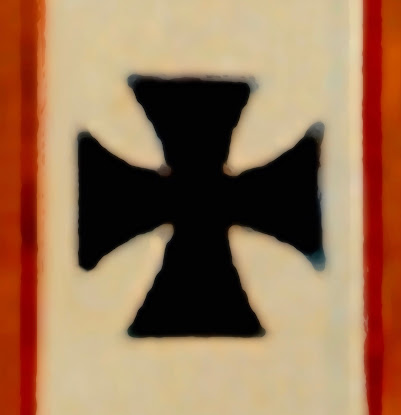Today is Ash Wednesday, the beginning of Lent for most Western Christians, which includes the very distinctive service of distribution of ashes on the foreheads of believers in the numerically predominant Roman Rite of the Catholic Church. The Roman “rite” is the largest and by far most globally extensive nexus of liturgical, theological, and spiritual traditions of churches and bishops in full communion with the Successor of Saint Peter, the Pope.
This year especially, it’s worth noting that there are other churches that acknowledge Papal primacy and are fully and visibly part of the Catholic Church, that have their own distinctive “rites” rooted in ancient traditions from the Middle East, the Byzantine world, and other regions. These include what is often called the “Ukrainian Greek Catholic Church,” the largest group of Catholics in Ukraine, who do not observe “Ash Wednesday,” and who will celebrate Easter a week later than the Roman rite churches, because their liturgical calendar corresponds to the “Eastern Orthodox” churches (which are not in full communion with Rome, and which include the patriarchates of Constantinople and Moscow, and the recently established Orthodox Church of Ukraine).
Ukrainian Catholics also make up a significant portion of the “Ukrainian Diaspora,” notably in the USA and Canada, made up of Ukrainian refugees and their descendants who left their homeland during the brutal persecutions of Stalin and the ravages of Nazi and Soviet aggression during World War II. In particular, Stalin forcibly suppressed the Ukrainian Greek Catholic Church in 1946, resulting in martyrdoms in his notorious Gulag, and driving others who remained faithful to it underground or into exile. Most (many?) Ukrainian Catholic Churches in North America (correct me if I’m wrong) follow the same liturgical dates for Easter as other Western Christians, which means that they began Lent this past Monday, February 28. In Ukraine itself, however, Lent begins on Monday, March 7.
The Ukrainian Greek (“Byzantine”) Catholic Church, especially in Western Ukraine, has enjoyed a significant revival in recent decades since the fall of the Soviet Union, and now has cordial ecumenical relations with the much larger majority of Orthodox Christians in Ukraine, whose spiritual and liturgical traditions they share very closely, but with whom there is not full communion because there remains the shadow of a thousand years of “historical weight” following upon the tragic Byzantine-Roman separation of 1054 and the multitude of conflicts that ensued over the course of centuries. Orthodox Christians today don’t recognize the Pope’s primacy of jurisdiction, and are often governed by national hierarchies. Ukrainian Catholics, while known for their Ukrainian patriotism, are also strong adherents to the Successor of Saint Peter.
Confused? That would be understandable. No doubt it’s very confusing to the former KGB late-Soviet-era apparatchik who today seems to want to wield the power of the imperial throne, to be the new “Autocrat of All the Russias.” May God change his heart, and the hearts of his enablers, before he plunges further into this awful catastrophe.
Undoubtedly, the present war against Ukraine is drawing all Ukrainian Christians, and all her citizens of good will, closer together.
Meanwhile Pope Francis has requested that today be observed as a day of prayer and fasting for Ukraine. Roman-rite Catholics already pray and fast for this first day of Lent, but we can offer this Ash Wednesday especially for Ukraine, for an end to the aggression, for all who are suffering from its consequences. But Francis’s invitation to pray and fast is extended to everyone, to all Christians, to every human person who wishes to make this small gesture of solidarity with the victims of war, and of imploring God to save them - and everyone - from the escalation of violence and destruction.
